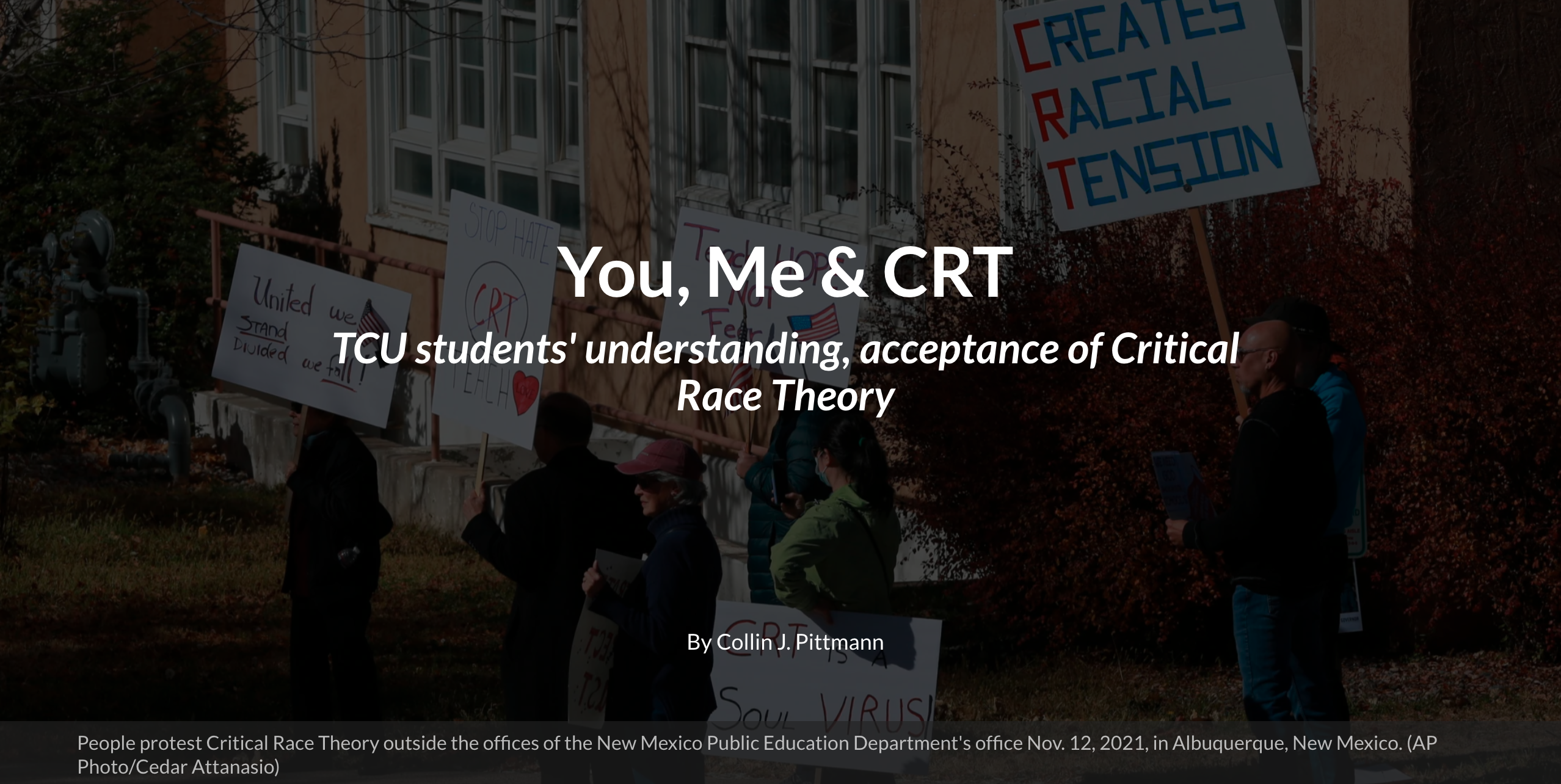Gen Z explores gender fluidity
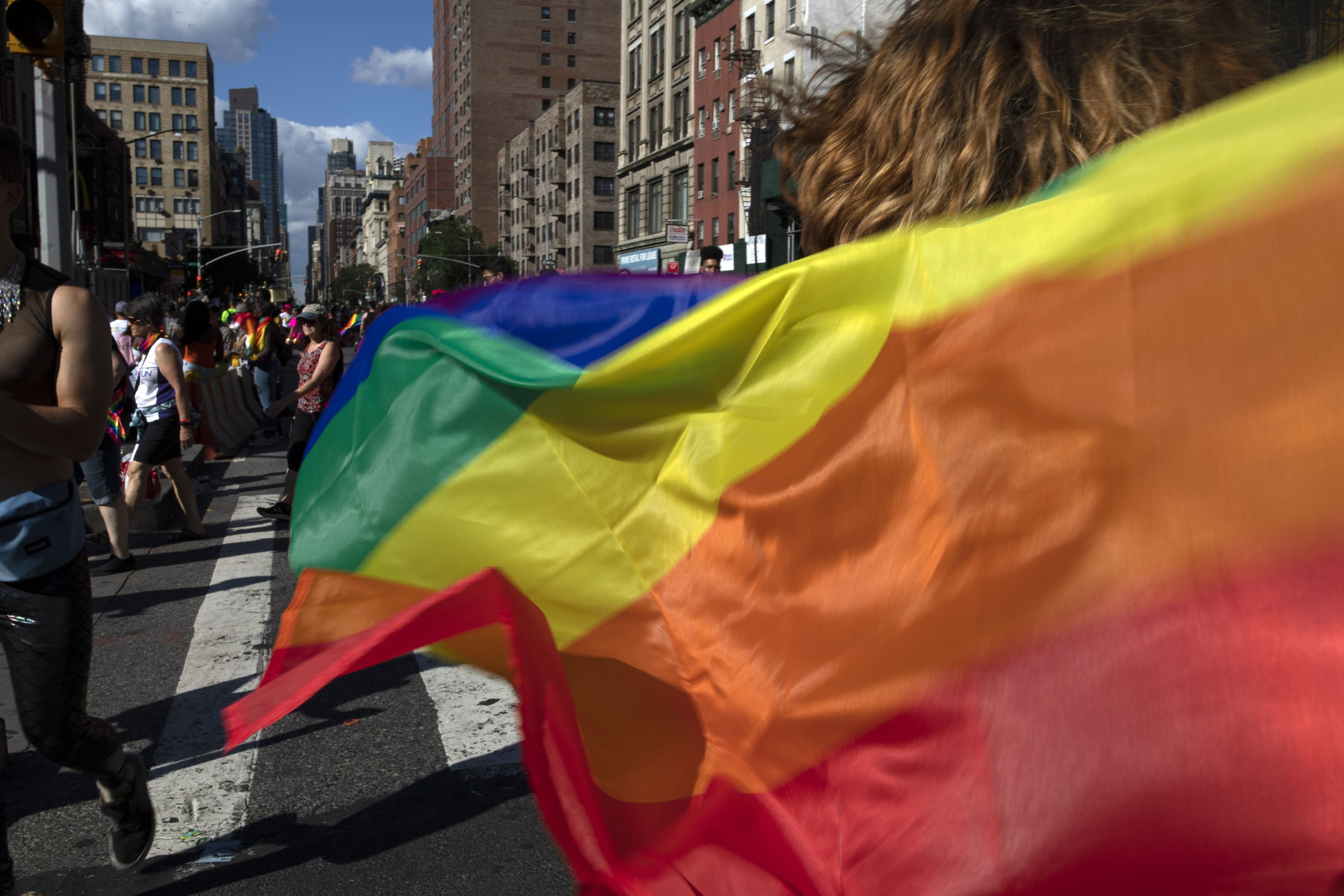
There have been many technological and social advances that have directly affected the lives of those a part of Generation Z. One social advent is the emergence of the LGBTQ community and gender fluidity. Gender fluidity refers to change over time in a person’s binary gender expression or gender identity.
For some Gen Z youth, gender fluidity may be used as an opportunity to explore the concept of gender and sex before deciding on a solidified gender expression or identity.
As a social identity, some describe themselves as “gender-fluid.” This typically fits under the transgender and nonbinary category, applying to those whose gender identity doesn’t match the sex assigned to them on their original birth certificate.
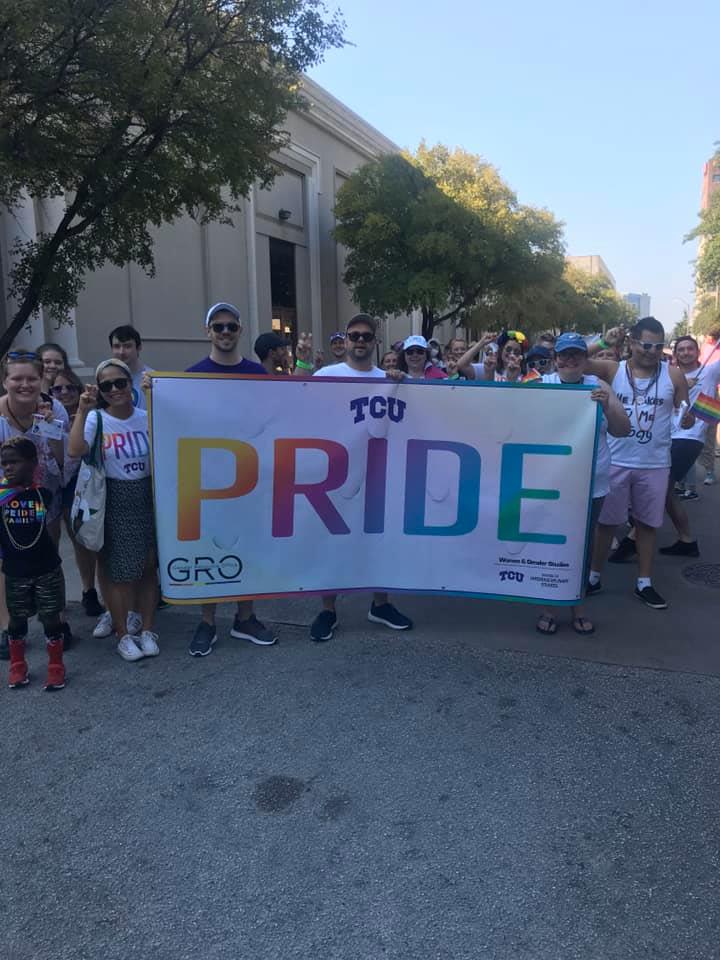
PHOTO CREDIT: Lindsay Tomaini
PHOTO CREDIT: Lindsay Tomaini
Dora Richter was the first reported person to undergo complete male-to-female reassignment surgery. She underwent surgical removal of the testicles in 1922, followed in 1931 by removal of the penis and vaginoplasty.
The amount of people identifying as transgender have increased significantly since then. More recent studies released in 2016 estimate the proportion of Americans who identify as transgender at 0.5% to 0.6%. This would bring the total number of transgender Americans to approximately 1.4 million adults (as of 2016).
Among those 1.4 million adults is Jaylyn Armani. Armani is a 27-year-old trans woman who lives in Dallas, Texas. She describes her plight as "overbearing," and said she did not speak to her father for two years because of her decision to transition.
"Trying to transfer over to being a woman fully was hard because my dad wasn't accepting," Armani said.
Being born and raised in a predominantly Black neighborhood offered many challenges to her unique situation. These challenges included the murder of her friend, Malaysia, who was also a trans woman.
"You just have to protect yourself being a trans woman because people are not going to accept it, and some men will reach out to you not knowing you're a trans woman," said Armani.
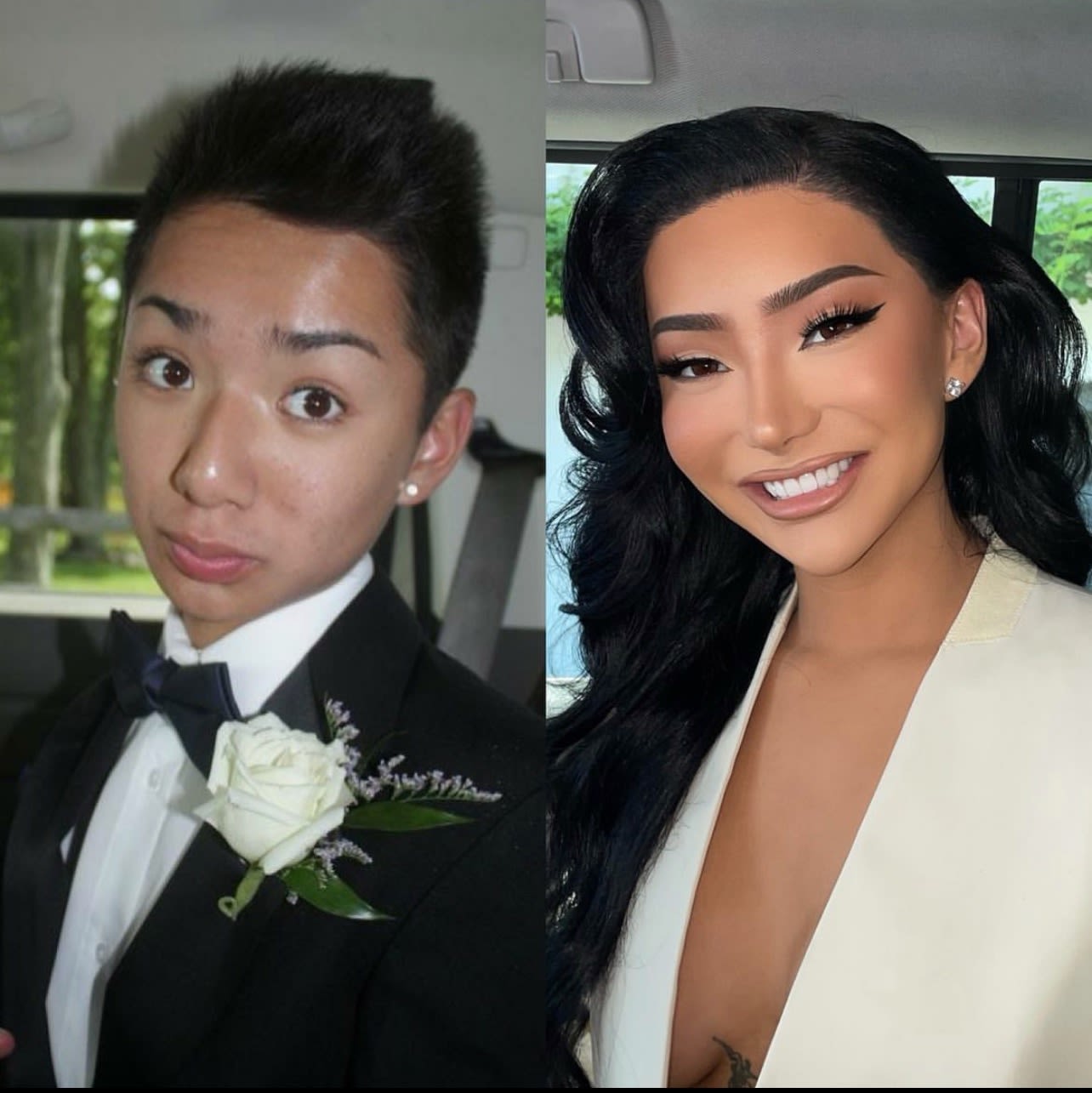
Photo courtesy of Jaylyn Armani
Photo courtesy of Jaylyn Armani

Photo courtesy of Jaylyn Armani
Photo courtesy of Jaylyn Armani

Photo courtesy of Jaylyn Armani
Photo courtesy of Jaylyn Armani
Furthermore, intersectionality plays a tremendous role in dictating the experiences of a particular person or group. Intersectionality refers to the overlapping discrimination minorities may experience due to their social categorizations such as race, class or gender.
Tasia Massinburg, a 20-year-old junior psychology major, at TCU echoed this sentiment, as she has struggled with acceptance from others in her community.
"Being a part of the Black community and LGBTQ community is hard. Black parents see their children as trophies," Massinburg said. "When Black parents find out that their child is gay, it's a smudge on the trophy."
Massinburg said attending TCU allows her the freedom and opportunity she never received prior to leaving for college to wholeheartedly embrace her sexuality. She believes her parents and her religious affiliations cause discomfort and sometimes internal conflict within herself.
As a product of Generation Z, Massinburg cites social media as an outlet she uses to receive support and meet like-minded individuals.
"Seeing posts on social media about the LGBTQ community made me feel like it was okay and that I would be accepted by someone even if that wasn't my own family," Massinburg said.
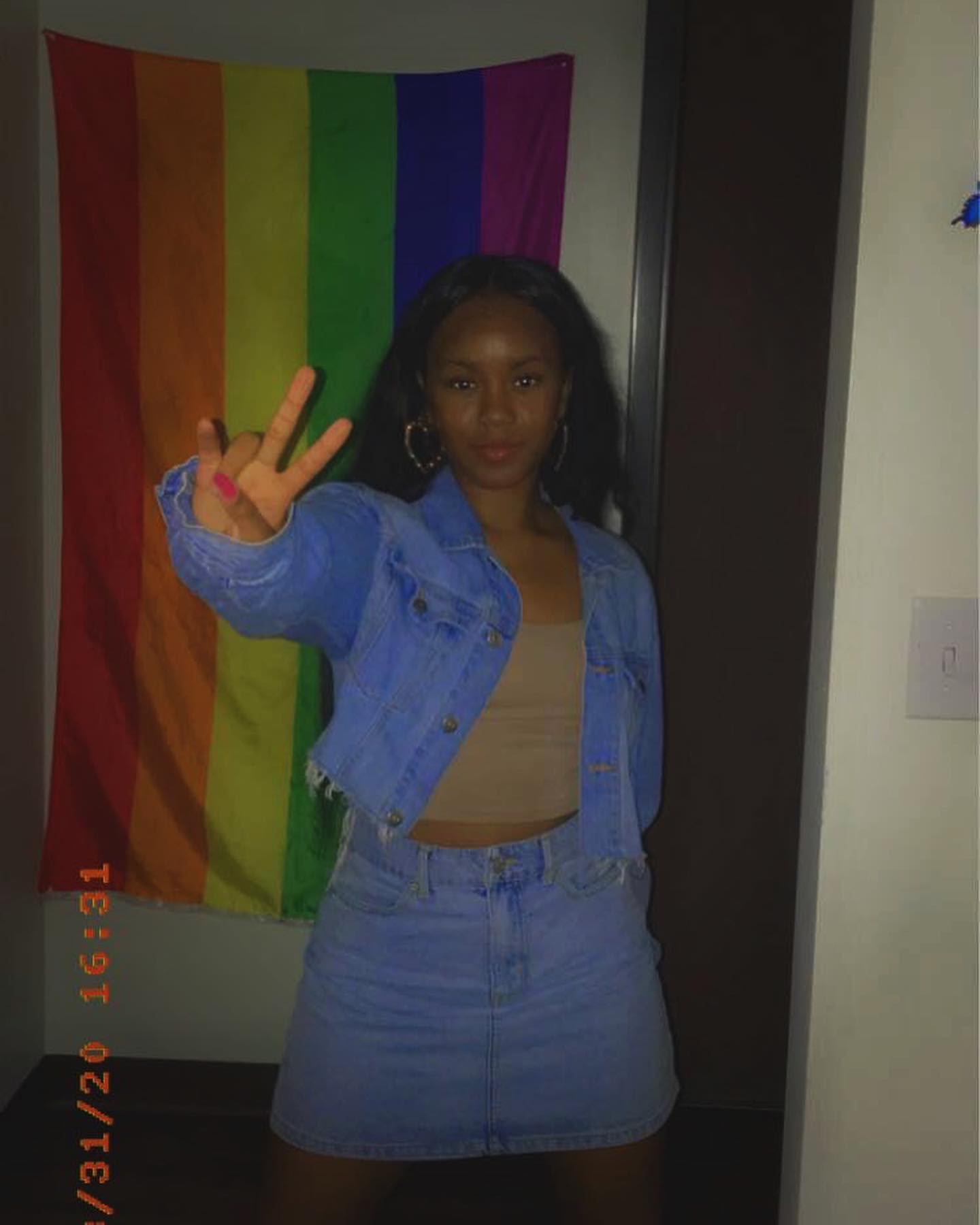
Photo courtesy of Tasia Massinburg
Photo courtesy of Tasia Massinburg

Photo courtesy of Tasia Massinburg
Photo courtesy of Tasia Massinburg
But there are some Gen Zers who hold conservative views aligned with traditional gender norms more commonly held by older generations.
Michele Asher, a middle school office manager, is an example of this "generational gap." Asher is part of Generation X, which is made of people born between 1965-1980.
"Look at nature. God has examples of how we are to operate, we just tend to ignore them," Asher said. "A male lion likes a female lion, I've never seen a male lion on a male lion."
Growing up in the 1970s and 80s, she believes the community was much more intolerant of these types of topics.
However, working in the education system has given her a unique perspective regarding the journey of the LGBTQ community.
"I have one young lady that name changes three times every school year, she wants to be Oliver, Olive, Olivia," Asher said.
She said the implementation of non-gender specific restrooms and other changes within the curriculum has gradually made its way into the school. This is the school board's way of overcompensating for the lack of perceived support of such communities, Asher said.
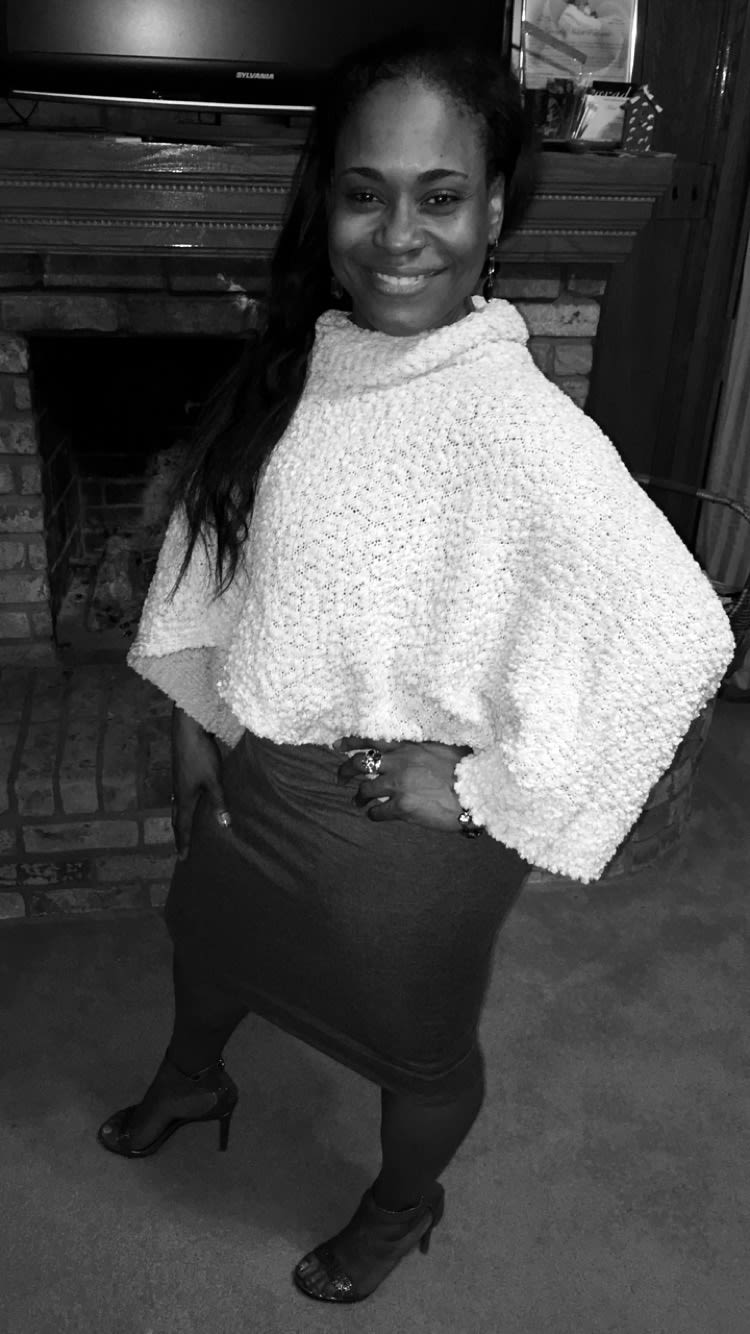
Photo courtesy of Michele Asher
Photo courtesy of Michele Asher
While the prominence of discussions and acceptance around gender fluidity has grown with Generation Z, one report that shows that over 50% of LGBTQ students from grades 9-12 experienced cyberbullying.
The continued growth of representation within the media could help lower these problematic numbers for LGBTQ community students.
Celebrities and entertainers such as Lil Nas X, Billy Porter and Tessa Thompson are all vocal members and advocates of the LGBTQ community.
"You can be anything that you want to be, I want everyone else to have that freedom and support that I have from my loved ones. But so many people don’t," Thompson continued. "So, do I have a responsibility to talk about that? Do I have a responsibility to say in a public space that this is my person?"
Gender fluidity also pertains to fashion and certain stylistic choices a person wants to wear.
The fashion world is becoming increasingly androgynous, and it is now commonplace to see a heterosexual man in a dress. In past generations, artists like Prince and Rick James were trailblazers and set the stage for what is seen today. Prince identified as a heterosexual man yet wore blouses and high heels for decades. Now in Generation Z, those preexisting imaginary boundaries that were attributed to gender norms are breaking.
It is normal to see A$AP Rocky wearing a kilt with pearl necklaces as he graces for GQ Magazine.
It is normal to see Playboi Carti wearing black nail polish and eye liner as he models for a Givenchy campaign.
It is also normal to see Young Thug wear a dress on his album cover, all while maintaining the image and reputation of a "street" rapper.
In an interview with billboard, Young Thug said: "When it comes to swag (fashion), there's no gender involved. When I seen that dress it felt like God gave it to me," Young Thug continued, "When I was 12, my feet were so small I wore my sisters’ glitter shoes. My dad would whoop me: ‘You’re not going to school now, you’ll embarrass us!’ But I never gave a f— what people think.”
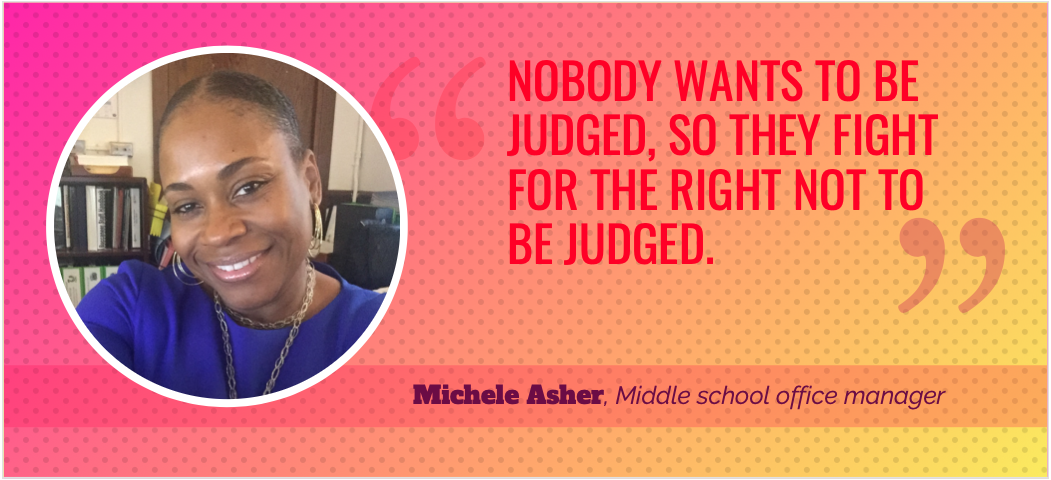
This story is one in a series about how Generation Z functions, interacts and incites change in today's world.
Read the next story to explore more about how Gen Z thinks about the world’s issues including discipline, diversity and inclusivity.

